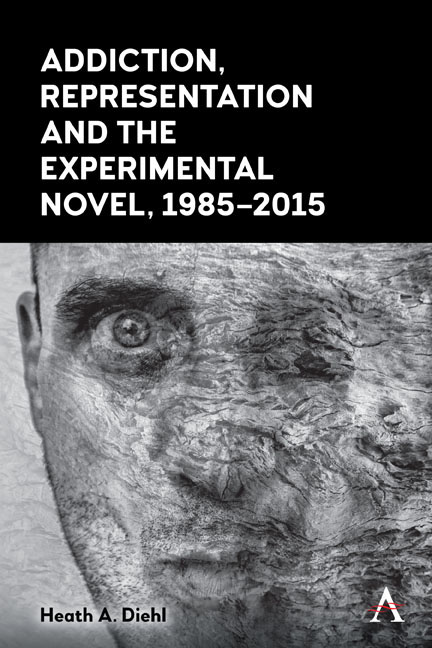Summary
I believe that fiction writing is the guardian of the moral and ethical sense of the community. Especially now that organized religion is scattered and in disarray, and politicians have, Lord knows, lost their credibility, fiction is one of the few forms left through which we may examine our society not in its particular but in its typical aspects; through which we can see ourselves and the ways in which we behave towards each other, through which we can see others and judge them and ourselves.
— Margaret Atwood, Second WordsFor as long as there have been addicts, there have been metaphors of brokenness that have dictated how we are supposed to see addicts, whether those addicts are ourselves or Others. To be broken is to be damaged goods— no longer whole or in working condition or both. Addiction, we are told, is responsible for breaking addicts, a state of being that can refer to anything and everything from physiological damage inflicted on the material body, neurological damage inflicted on the brain, emotional damage inflicted on the psyche, financial damage inflicted on the bank account, professional damage inflicted on the career, social damage inflicted on relationships with intimates and so on. For addicts, again we are told, this state of brokenness is a natural, even inevitable state of being— the rock bottom toward which all addicts are presumably always and already headed, perhaps from even before those addicts take their first drink or acquire their first fix.
Brokenness as a metaphor also can refer to a psychological state of being marked by hopelessness and despair. This particular iteration of the metaphor of brokenness is especially ubiquitous within Judeo Christianity, and, more broadly, Western spiritualism where it has spawned a wealth of self-help books, including but not limited to Charles Stanley's The Blessings of Brokenness: Why God Allows Us To Go through Hard Times (1997); Nancy Leigh DeMoss's Brokenness: The Heart God Revives (2002); Lon Solomon's Brokenness: How God Redeems Pain and Suffering (2005); Tunde Bolanta's Spiritual Brokenness: The Key to Becoming More Like Christ (2011); and Alan E. Nelson's Embracing Brokenness: How God Refines Us through Life's Disappointments (2016).
- Type
- Chapter
- Information
- Addiction, Representation and the Experimental Novel, 1985–2015 , pp. 137 - 148Publisher: Anthem PressPrint publication year: 2020

